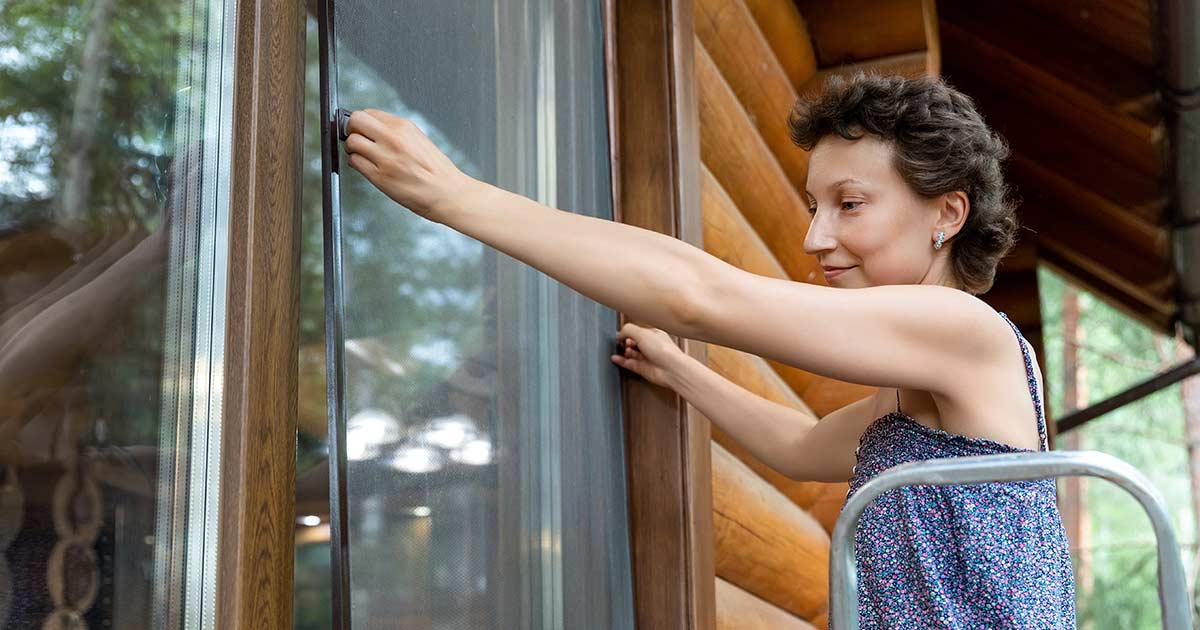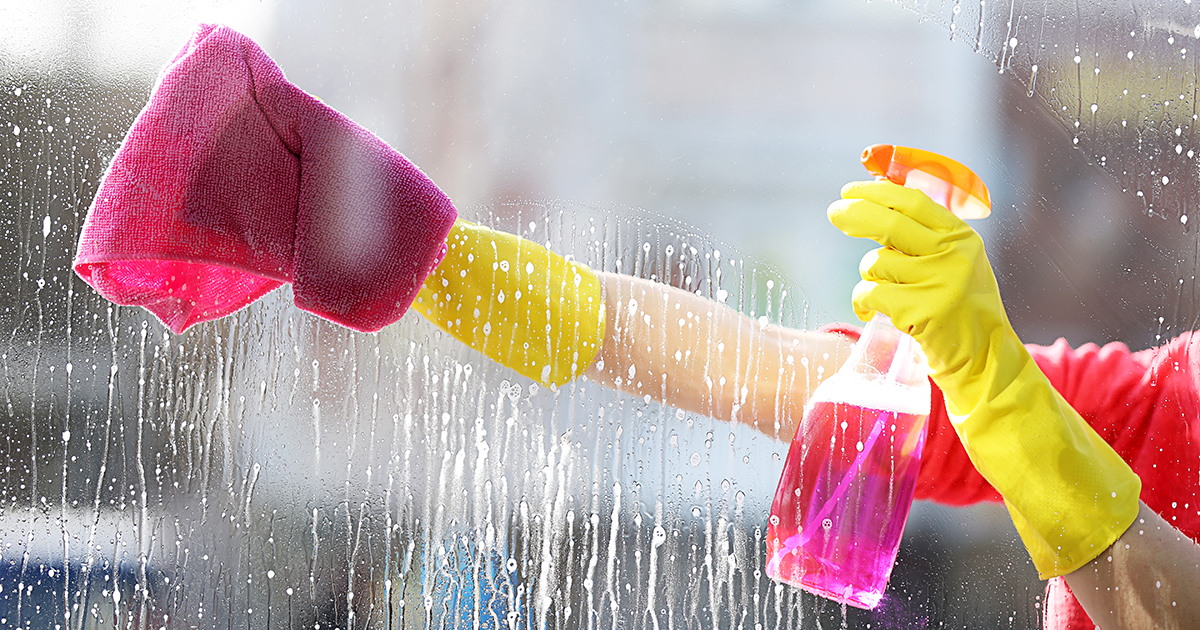Insights > Category > Posted: 2023-Nov-16, Updated: 2025-Jan-15
Window Maintenance
Winter Screen Protection

Outdoor screens
Snow Infiltration Prevention:
Outdoor screens, especially on hung, sliding, and patio doors, are prone to snow accumulation during winter.
Melting snow that seeps between the screen and the window frame can cause damage to screen channels, frames, and sills.
Regular removal of outdoor screens in winter is essential to prevent such snow-related damage.
Indoor screens
Condensation and Mold Mitigation:
Screens on awning and casement windows, located indoors, can trap condensation during winter.
Removing indoor screens helps mitigate the risk of mold and mildew growth, contributing to a healthier indoor environment.
Benefits of Screen Removal During Winter
Increased Light and Heat:
Screen removal enhances the amount of natural light entering your home during winter, combating darkness and improving a window's solar heat gain coefficient.
Facilitating Cleaning:
Winter snow can leave baked-on dirt on screens, making spring cleaning challenging.
Removing screens prevents debris accumulation, allowing for easier and more effective spring cleaning.
Preparing Screens for Winter Storage
Cleaning and Labeling:
After removal, a quick vacuum, mild soap wash, and gentle rinsing ensure screens are free of dust, pollen, and spider webs.
Labeling each screen simplifies the re-screening process in spring.
Proper storage away from potential falling objects preserves screens during winter months.
Other Benefits of Screen Removal
Enhanced Visibility:
Without screens, enjoy clearer views of the winter landscape.
Snow and ice accumulation on screens can obstruct views and diminish the aesthetic appeal of your windows.
Preventing Ice Dam Formation:
Screens can contribute to ice dam formation on the exterior of windows.
Removing screens reduces the risk of ice buildup, preventing water seepage and potential damage.
Improving Air Circulation:
Proper ventilation is crucial in winter to prevent indoor air stagnation.
Removing screens allows for better air circulation, reducing issues like condensation on windows and enhancing indoor comfort.
Extending Screen Lifespan:
Storing screens during winter protects them from harsh weather conditions.
This practice ultimately extends the lifespan of screens, ensuring they remain in good condition for reinstallation without the need for repairs or replacements.
Summary
By incorporating these additional points into your winter window maintenance routine, you not only protect your screens but also contribute to the overall efficiency and longevity of your windows.
Related stories
Need more information?
If you would like to know more about our products, screens and installation services, give us a call or send us a request for more
information. We’d be happy to answer all of your questions.
20 Best Value Tips
Free E-Book
E-BOOK GUIDE
INFOGRAPHIC
INFOGRAPHIC
Fogged Window Panes
Signs & Considerations
Builders vs Premium Grade
Full-Frame vs Pocket
You've Got Options
Basement Windows
The Art of Window Shopping
Top Considerations
Custom Window Shapes
Window Types
INFOGRAPHIC
Right For Your Home
Single-Glaze vs Multi-Glaze
INFOGRAPHIC
Window Interior
Window Exterior
Best Replacement Windows
Choosing a Material
Reducing Outside Noise
Window Grills
Operational Windows
The Colour Process
Weatherstripping
Window Jambs
Window Flashing
Window Spacers
Trim, Capping, Cladding...
Self-Cleaning Windows
Sash vs No Sash Windows
Bay and Bow Windows
Slider Configurations
Slider Pros & Cons
Awning Pros & Cons
Casement Pros & Cons
Hung Pros & Cons
Window Energy Efficiency
The basics
30 Common Myths
Do's and Don'ts
Winter Screen Protection




